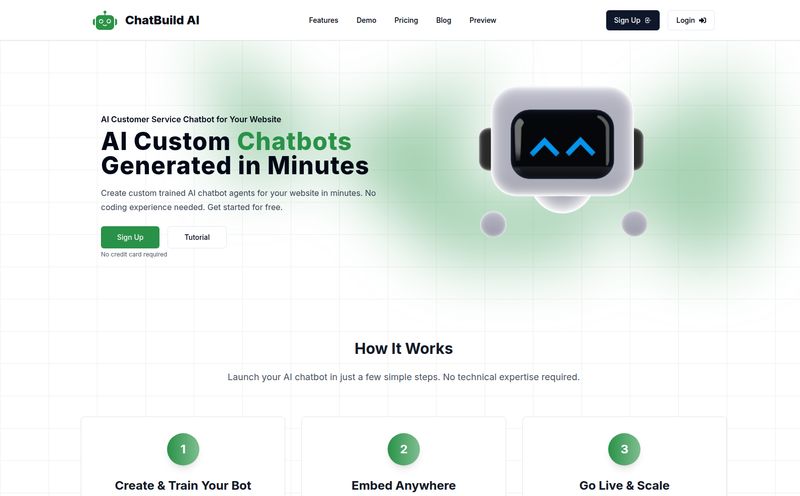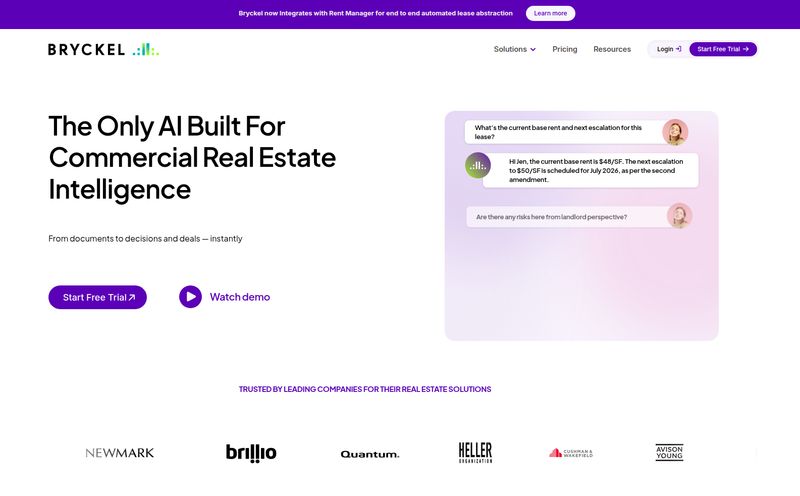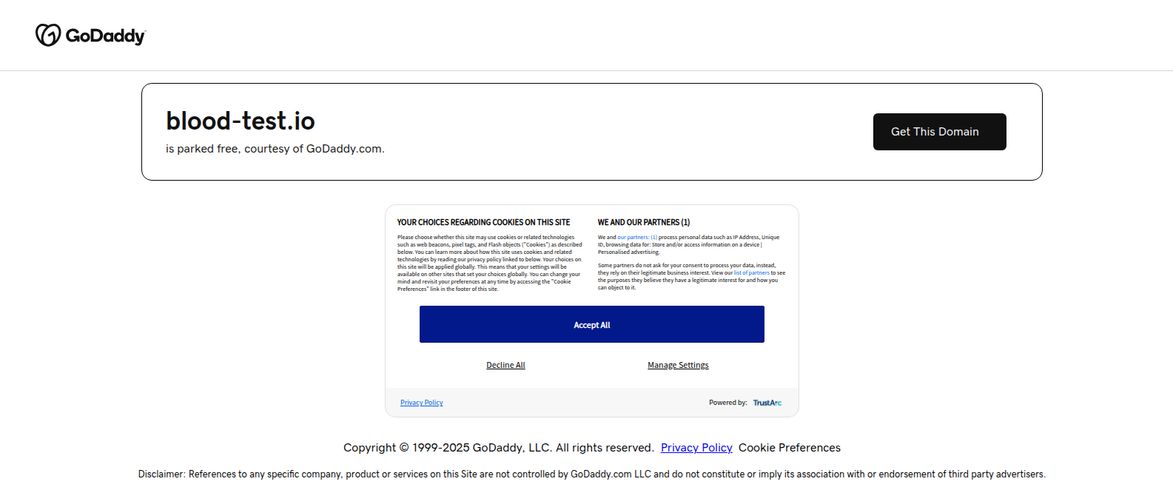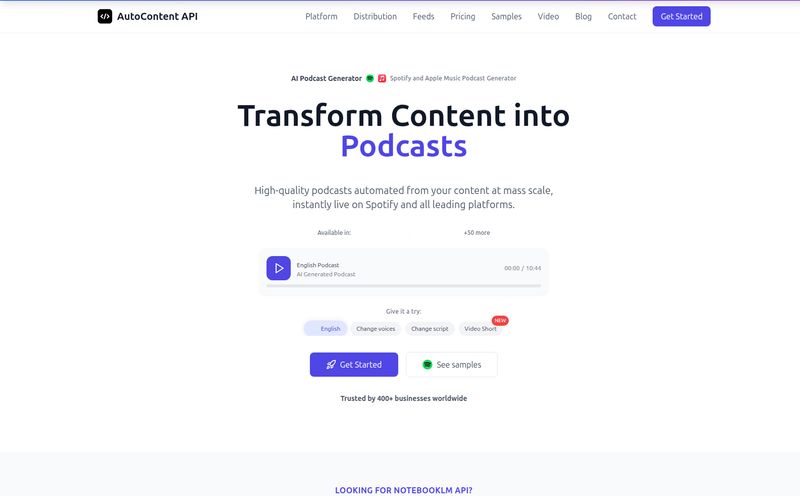The world of cloud computing, especially when you need serious GPU muscle, can feel like a members-only club with a ridiculously high cover charge. For years, the conversation has been dominated by the big three: AWS, Google Cloud, and Azure. They’re fantastic, don't get me wrong. They have more bells and whistles than a Swiss Army knife. But sometimes... you just need the blade. A really, really sharp, powerful, and affordable blade.
I’ve been in the SEO and traffic generation game for a long time, and a huge part of my work now involves crunching massive datasets and playing with AI models. The cost of renting high-end GPUs can make your eyes water. So when a name like Massed Compute pops up on my radar, promising a smorgasbord of NVIDIA GPUs at prices that don't require a second mortgage, my curiosity gets the better of me. Is it too good to be true, or is it the scrappy contender we’ve all been waiting for?
So, What's the Deal with Massed Compute?
At its core, Massed Compute is a cloud infrastructure provider that specializes in what many of us desperately need: raw compute power. They're not trying to be everything to everyone. Instead, they've carved out a niche focusing on high-performance GPU and CPU instances. Think of them as the specialist shop for the heavy lifters—the AI and machine learning developers, the VFX rendering artists, the scientific researchers, and the data analytics wizards who need to get things done without navigating a labyrinth of enterprise services.
They offer everything from on-demand cloud instances you can spin up in a flash to dedicated bare metal servers for when you need every last drop of performance. It’s a straightforward approach, and honestly, it’s a breath of fresh air.
A Veritable Candy Store of NVIDIA GPUs
Okay, this is where I started to get genuinely excited. Clicking onto their offerings felt like being a kid in a candy store. The sheer variety of NVIDIA GPUs available is staggering. We’re not just talking about a couple of last-gen cards. They have the heavy hitters, the latest and greatest that you often find are “out of stock” or have a massive waitlist elsewhere.

Visit Massed Compute
You’ve got the monster H100 NVL for top-tier AI training, the versatile RTX 6000 Ada Generation for creative and scientific workloads, and even more budget-friendly (but still mighty) options like the RTX 4000 SFF Ada. Having this kind of choice means you can actually right-size your instance for your project and your budget. You’re not forced to pay for a sledgehammer when you just need a regular hammer. For a freelancer or a startup, that flexibility is everything.
Let's Talk Money: The Pricing Breakdown
This is the make-or-break moment for any cloud provider, right? And I have to give Massed Compute major props for transparency here. Their on-demand pricing is listed right on their site, clear as day. No hiding behind “Contact Sales” for every little thing. I love that.
I’ve pulled a few examples just to give you a taste of the range:
| GPU Model | vCPUs | RAM | Price per Hour |
|---|---|---|---|
| NVIDIA H100 NVL | 32 | 1000 GB | $21.60 |
| NVIDIA RTX 6000 Ada | 32 | 240 GB | $3.60 |
| NVIDIA L40S PCIe | 16 | 120 GB | $1.80 |
| NVIDIA RTX 4000 SFF Ada | 8 | 30 GB | $0.45 |
Looking at these numbers, the value proposition becomes very clear. An RTX 4000 SFF Ada for under 50 cents an hour? That’s an incredible entry point for students, hobbyists, or anyone testing out a new idea. And even on the high end, the prices are extremely competitive. Now, for big commitment pricing or complex bare metal setups, you will need to contact them, which is pretty standard practice. But for on-demand stuff, the openness is fantastic.
Beyond the Specs: Bare Metal, APIs, and Real Human Support
A great hardware list and good pricing are a solid start, but a platform needs more than that to be truly useful. Massed Compute seems to get this, and they have a few features that really stand out.
Getting Down to the Bare Metal
For those who need absolute maximum performance and control, their bare metal server option is key. This isn't a virtual machine sharing resources. This is your own dedicated, physical server. You get all the power, with no hypervisor overhead. For latency-sensitive applications, massive data processing, or security-critical operations, bare metal is often the only way to go. It’s a serious offering for serious users.
The Inventory API: A Game-Changer for Platforms
This one is particularly interesting to me from a business perspective. Massed Compute has an Inventory API that allows other businesses to programmatically access and integrate their GPU inventory into their own platforms. Imagine you’re building a SaaS product that needs to offer rendering or AI processing to your users. Instead of building out your own costly hardware infrastructure, you could use this API to tap into Massed Compute’s fleet. That’s a powerful enabler for other tech companies.
Dialing Up an Actual Expert
Here’s a feature that might be their secret weapon: “Direct, expert support from actual IT professionals.” Anyone who has ever been stuck in a support loop with a major corporation, getting bounced between departments and reading from scripts, knows how valuable this is. The promise of talking directly to someone who actually knows what a CUDA core is and understands your technical problem is… well, it’s priceless. It feels like having your own personal geek squad on speed dial.
The Good, The Bad, and The... Quirky
No platform is perfect, and a fair review needs to look at the whole picture. In my experience, the biggest strengths often come with a few trade-offs.
On the plus side, the GPU selection is top-notch, the on-demand pricing is transparent and affordable, and the direct expert support is a huge win. The foundation of their service, built on reliable Tier III data centers (which means high uptime and redundancy), provides peace of mind.
On the other hand, the website has a few… quirks. I noticed a few pages with titles like “Home OLD” in the sitemap. Does it affect the service? Not at all. But it does give you the impression of a company that is way more focused on its tech and its customers than on its marketing polish. For some, that might be a red flag. For me, I kinda like it. It feels authentic, like it’s built by engineers for engineers.
Who Should Give Massed Compute a Spin?
I see a few groups who could really benefit from this platform:
- AI/ML Startups and Researchers: You need access to the latest GPUs like the H100 but don't have the budget of a FAANG company. The combination of hardware and price here is a perfect match.
- VFX and 3D Artists: Freelancers or small studios that need to burst render a big project. Renting a powerful RTX 6000 Ada or A6000 for a few hours or days is way more cost-effective than buying one.
- Indie Developers and Hobbyists: The low-cost entry-level GPUs make it possible to experiment and build projects without breaking the bank.
- Tech Companies Needing Integration: Any business that wants to build GPU-powered features into their own service should be looking very closely at that Inventory API.
If you're looking for a super-polished, all-in-one ecosystem with a thousand integrated services, you might be better served by one of the giants. But if you value raw power, hardware choice, and straightforward pricing, Massed Compute is a very, very compelling alternative.
FAQs about Massed Compute
I get a lot of questions about new platforms, so here are a few quick answers to what you might be thinking.
What kind of GPUs does Massed Compute offer?
They offer a huge range of NVIDIA GPUs, from the absolute top-of-the-line data center cards like the H100 and A100 series to professional visualization cards like the RTX 6000 Ada, and even more affordable options from the RTX 4000 series.
Is Massed Compute a good choice for beginners?
While some technical knowledge is always helpful, their promise of direct access to IT professionals for support is a massive advantage for those who might be less experienced. It could be a much gentler learning curve than trying to figure out a more complex platform on your own.
How does Massed Compute's pricing compare to AWS or GCP?
On a direct, instance-to-instance comparison for on-demand GPUs, Massed Compute appears to be significantly more affordable. The trade-off is that you're getting pure compute power rather than the vast, deeply integrated ecosystem of services that the larger providers offer.
What does 'Tier III data center' actually mean?
A Tier III data center is an industry standard that guarantees a high level of reliability. It requires N+1 redundancy for power and cooling, meaning there's at least one backup for every component. It translates to an expected uptime of 99.982%, or less than 1.6 hours of downtime per year.
Can I get a completely dedicated server from them?
Yes, you can. That's their Bare Metal server offering. It provides you with a dedicated physical machine for tasks that demand the highest level of performance and security, with no shared resources.
Are there any hidden costs?
Based on their website, the on-demand pricing is very straightforward, listing hourly and monthly rates that include vCPU, RAM, and disk. Network costs are also specified. As always, you should clarify data transfer costs for your specific use case, but it seems much more transparent than some competitors.
Final Thoughts
I'm genuinely impressed with what Massed Compute is putting on the table. In an industry that can feel increasingly consolidated and expensive, they are a powerful reminder that there's still room for focused, customer-centric providers. They deliver where it counts: a fantastic selection of hardware, aggressive and transparent pricing, and a support model that values your time.
If you’re in the market for GPU cloud computing, I think you owe it to yourself to check them out. You might just find that the best tool for the job isn't the biggest one, but the one that’s built for the job. And Massed Compute is definitely built for the heavy lifting.
Reference and Sources
- Massed Compute Official Website: https://massedcompute.com/
- Uptime Institute - Data Center Tiers: https://uptimeinstitute.com/data-center-tier-standards



